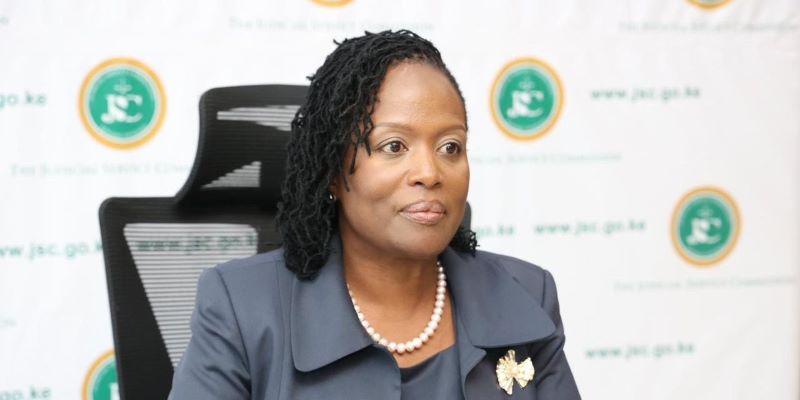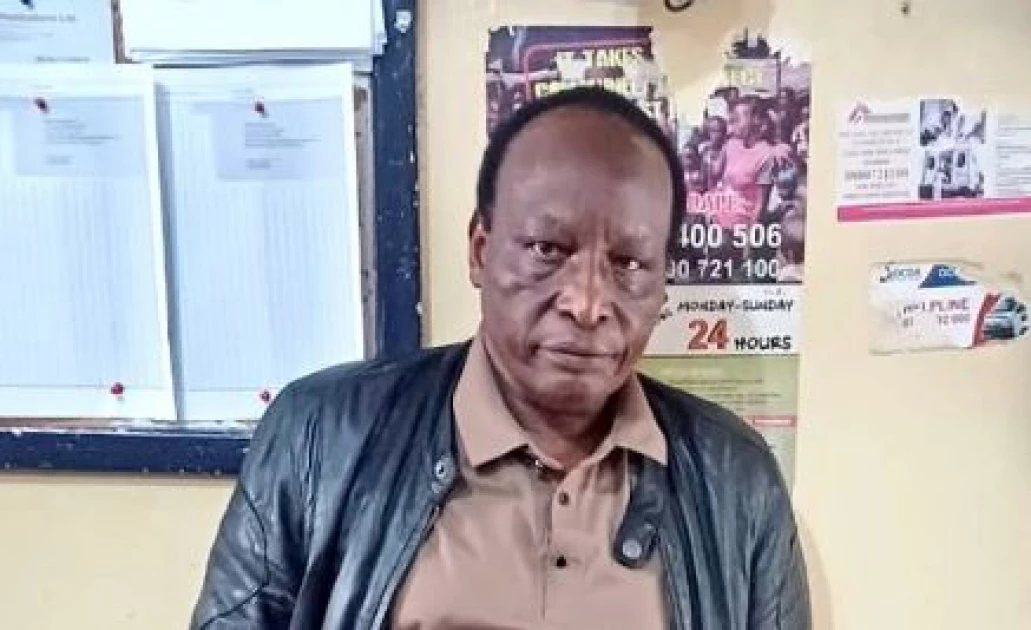Chief Registrar of the Judiciary (CRJ) Winfridah Mokaya has highlighted financial independence as crucial to achieving the Judiciary’s vision of building an independent, accessible, and efficient institution that protects the rights of all, particularly the vulnerable.
Speaking through Registrar of Tribunals Hon. Anne Asugah during a public participation forum in Isiolo for the Proposed Judiciary Budget Estimates for FY 2025/26 and the Medium-Term Period 2025/26-2027/28, Mokaya underscored the Judiciary’s financial requirements for sustaining key initiatives. These include automation of services, expanding people-centred justice programs such as Alternative Justice Systems (AJS) and Court Annexed Mediation (CAM), establishing more courts and sub-registries, and financing ongoing capital projects.
Mokaya revealed that the Judiciary requires Ksh 40.1 billion for the FY 2025/26, with Ksh 31.6 billion allocated for recurrent expenditure and Ksh 8.5 billion for development. However, the annual indicative budget proposal allocates only Ksh 24.937 billion, creating a funding gap of Ksh 15.159 billion (38%).
Similarly, the Judicial Service Commission (JSC) requires Ksh 1.932 billion to implement its Strategic Plan 2022–2027 but faces a funding deficit of Ksh 1.1 billion, as the indicative allocation stands at just Ksh 821 million.
“As we engage with relevant institutions for enhanced funding, we must prioritize delivering critical services to the public within the available resources,” Mokaya noted.
The public forum, which included contributions from Meru High Court Presiding Judge Edward Muriithi and Isiolo Law Courts Chief Magistrate Lucy Mutai, emphasized transparency, accountability, and inclusivity in resource allocation.
Mutai praised the exercise as a reflection of the constitutional principle granting citizens the right to participate in governance. She noted that public feedback would guide equitable resource distribution, especially to marginalized areas, while ensuring the Judiciary meets its mandate of accessible and effective justice delivery.
“Through public participation, we demystify the Judiciary and promote ownership of its operations by the people we serve. This engagement reinforces our commitment to addressing case backlogs, protecting vulnerable groups, and delivering justice without undue delays,” Mutai added.
Mokaya reiterated that such engagements are not just legal formalities but a genuine effort to remain open to scrutiny and responsive to public needs, in line with Article 201 of the Constitution and the Public Finance Management Act, 2012.
As the Judiciary works to address its funding challenges, the forum underscored its dedication to improving service delivery while upholding accountability and inclusivity.





